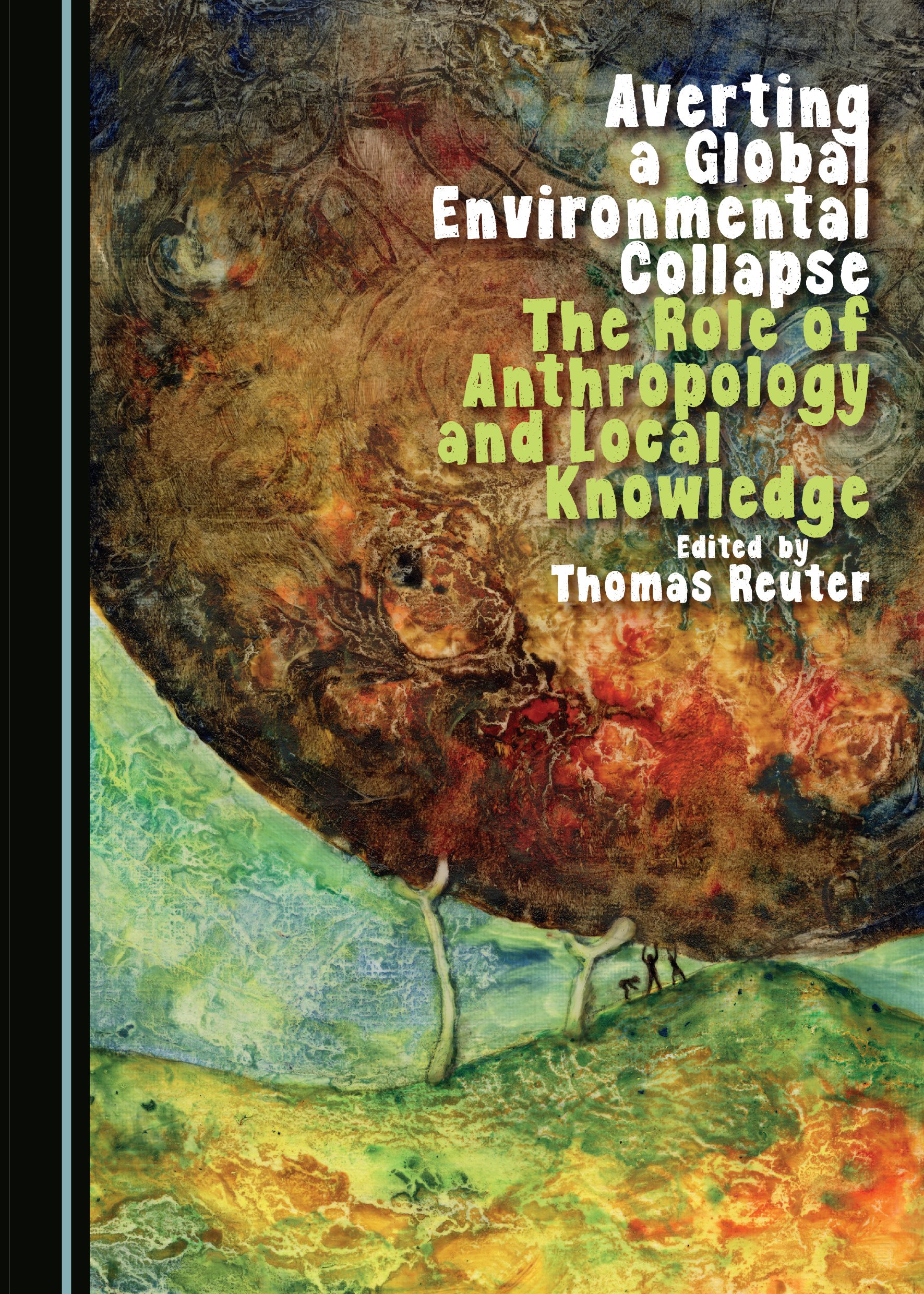Averting a Global Environmental Collapse: The Role of Anthropology and Local Knowledge
The numerous and varied indicators of environmental risks point toward the likelihood of a systemic and catastrophic ecological failure at some point during this century. Political inaction and cultural resistance, meanwhile, are even preventing the implementation of already available technical solutions, which has led many experts to conclude that averting a global environmental catastrophe is, foremost, a socio-political, rather than a technical, challenge. The World Science Union (ICSU) has recognized that knowledge of the social sciences is indispensable for facilitating the major socio-cultural transformations now required, and, together with the International Social Science Council (ISSC), called for a mainstreaming of environmental research in the social sciences at the Rio+20 Earth Summit. The two major international organizations in anthropology, IUAES and WCAA, responded to this call by co-sponsoring a symposium on environmental change at the Manchester World Anthropology Congress, and by creating a scientific Commission for Anthropology and Environment, which then hosted a second symposium in Chiba City, Tokyo, in May 2014. This volume is a selection of the many papers presented by a truly international group of experts at the two symposia. It identifies and provides case study examples in six major research areas where anthropology and local and indigenous people’s knowledge can make a significant contribution: Environmental Vulnerability and Risk Perceptions; Sustainable Urban Environments; Sustainable Rural Environments and Food Security; Indigenous People and Nature Conservation; Environmental Justice and Corporate Social Responsibility; and Sustainable Resource Management. Contributors represent nine different national anthropologies across all continents. The volume thus also enacts a new ‘world anthropologies’ paradigm, first proposed by the World Anthropologies Network (WAN), which aspires to unify and globalize the discipline in a spirit of equality and mutual respect among scholars across all national traditions and language barriers. Furthermore, the volume will also support teaching and promote further research in the anthropology of the environment.
Professor Thomas Reuter is a Future Fellow of the Australian Research Council at the University of Melbourne’s Asia Institute. After completing his PhD at the Australian National University in 1997, he taught at Heidelberg University in Germany, and held post-doctoral and QE2 fellowships at Melbourne University and a senior research fellowship at Monash University in Australia. He has served as President of the Australian Anthropological Association (2002–2005) and Chair of the World Council of Anthropological Associations (2009–2012), and is currently Senior Vice-President of IUAES and a member of the executive of the ISSC and various other international organizations. His research focuses on religion, politics, environment, food security, globalization and social movements, primarily in Indonesia, but also globally. He has published over 80 articles and nine books.
There are currently no reviews for this title. Please do revisit this page again to see if some have been added.
Sweta Banerjee
Chitradip Bhattacharjee
Carlos Caroso
Ashok Das Gupta
Pramathes Das Mahapatra
Sophie Elixhauser
Restu Juniah
Joan Mencher
Heather O'Leary
Raquel Oliveira
Shuichi Oyama
Rashmi Pramanik
Amlan Ray
Shraboni Ray
Daniel Schneider
Sarbjeet Singh
Fatima Tavares
Carlos Teles
Jose Vargas-Hernandez
Jon Webber
Khalid Younis
Syaifudin Zakir
Andrea Zhouri
Buy This Book























